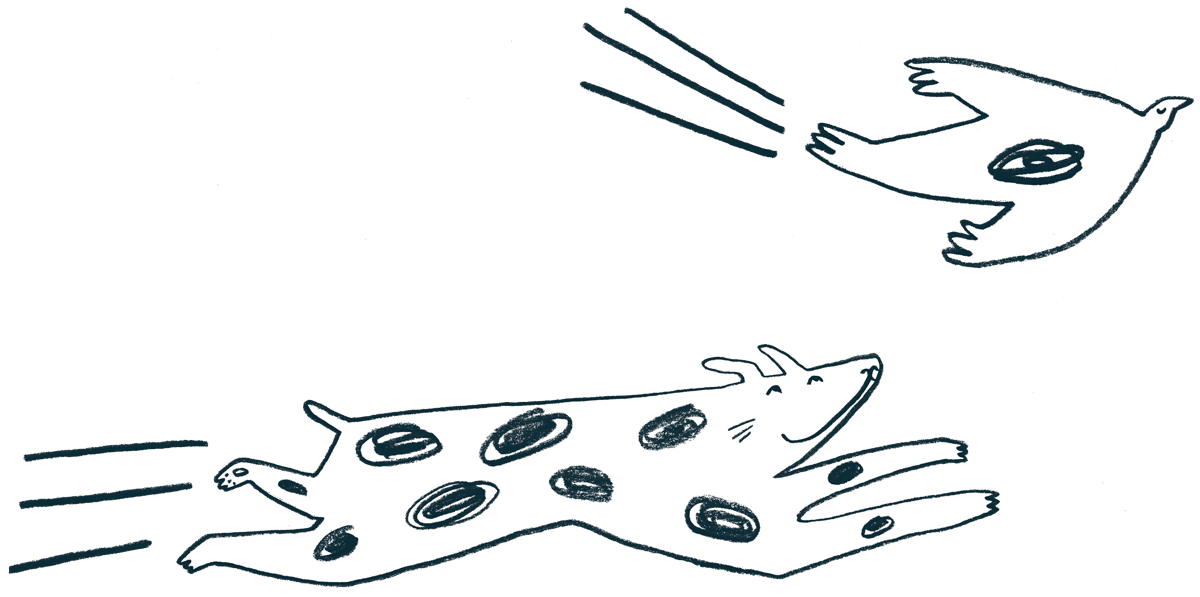Agile Layout - Streamlining Product Advancement for Faster Results
페이지 정보

본문
Intro
Agile Style is transforming the way groups establish, test, and release items. Combining agile technique with style thinking, Agile Layout provides a versatile and iterative strategy that permits teams to respond swiftly to market shifts, incorporate customer comments, and continuously improve item high quality. As organizations significantly aim for a faster time-to-market and a far better user experience, Agile Design has actually arised as a beneficial technique.
 What is Agile Layout?
What is Agile Layout?
At its core, Agile Style is the blend of active development principles with user-centered style techniques. Agile Layout inevitably leads to an item that satisfies users' requirements a lot more effectively.
Secret Concepts of Agile Layout
User-Centric Method: Agile Style positions customers at the. By regularly screening and refining based on feedback, designers make sure the item lines up with real-world individual assumptions and needs.
Collaboration: Agile Design highlights teamwork, breaking down silos and encouraging close partnership between developers, developers, and stakeholders. This improves communication and makes certain that each staff member's insights educate design options.
Iterative Development: Agile Design relies on iterative cycles-- brief, concentrated sprints of job that cause fast prototypes and rapid screening. This allows teams to determine and take care of concerns early, enhancing both rate and high quality.
Adaptability: Agile Design adapts to changing demands throughout the task. Groups focus on adaptability, adjusting as user demands evolve or market conditions shift.
Advantages of Agile Style
Agile UX design Design supplies several key advantages. It increases time-to-market by creating area for fast adjustments, lessens lost sources, and lowers the threat of providing an item that disappoints customer expectations. Furthermore, Agile Layout fosters a society of flexibility, making it easier for teams to pivot as brand-new insights emerge.
Applying Agile Layout
To apply Agile Design, start by breaking down the layout process right into sprints, establishing clear goals for every stage. Foster a society of cross-functional cooperation by urging interaction in between all included teams. Consistently examination layouts with genuine users to make certain that the item remains straightened with advancing demands.
Incorporating agile technique with design thinking, Agile Style provides an adaptable and iterative strategy that enables teams to react promptly to market changes, include user comments, and constantly boost item high quality. At its core, Agile Style is the mix of agile growth principles with user-centered layout methods. Agile Style inevitably leads to a product that satisfies users' demands a lot more successfully.
To execute Agile Layout, start by breaking down the style procedure right into sprints, establishing clear objectives for each phase.
Agile Style is transforming the way groups establish, test, and release items. Combining agile technique with style thinking, Agile Layout provides a versatile and iterative strategy that permits teams to respond swiftly to market shifts, incorporate customer comments, and continuously improve item high quality. As organizations significantly aim for a faster time-to-market and a far better user experience, Agile Design has actually arised as a beneficial technique.
 What is Agile Layout?
What is Agile Layout?At its core, Agile Style is the blend of active development principles with user-centered style techniques. Agile Layout inevitably leads to an item that satisfies users' requirements a lot more effectively.
Secret Concepts of Agile Layout
User-Centric Method: Agile Style positions customers at the. By regularly screening and refining based on feedback, designers make sure the item lines up with real-world individual assumptions and needs.
Collaboration: Agile Design highlights teamwork, breaking down silos and encouraging close partnership between developers, developers, and stakeholders. This improves communication and makes certain that each staff member's insights educate design options.
Iterative Development: Agile Design relies on iterative cycles-- brief, concentrated sprints of job that cause fast prototypes and rapid screening. This allows teams to determine and take care of concerns early, enhancing both rate and high quality.
Adaptability: Agile Design adapts to changing demands throughout the task. Groups focus on adaptability, adjusting as user demands evolve or market conditions shift.
Advantages of Agile Style
Agile UX design Design supplies several key advantages. It increases time-to-market by creating area for fast adjustments, lessens lost sources, and lowers the threat of providing an item that disappoints customer expectations. Furthermore, Agile Layout fosters a society of flexibility, making it easier for teams to pivot as brand-new insights emerge.
Applying Agile Layout
To apply Agile Design, start by breaking down the layout process right into sprints, establishing clear goals for every stage. Foster a society of cross-functional cooperation by urging interaction in between all included teams. Consistently examination layouts with genuine users to make certain that the item remains straightened with advancing demands.
Incorporating agile technique with design thinking, Agile Style provides an adaptable and iterative strategy that enables teams to react promptly to market changes, include user comments, and constantly boost item high quality. At its core, Agile Style is the mix of agile growth principles with user-centered layout methods. Agile Style inevitably leads to a product that satisfies users' demands a lot more successfully.
To execute Agile Layout, start by breaking down the style procedure right into sprints, establishing clear objectives for each phase.
- 이전글자연의 고요: 숲에서 찾은 평화 24.11.13
- 다음글네이버 비실명 아이디 판매 24.11.13
댓글목록
등록된 댓글이 없습니다.

